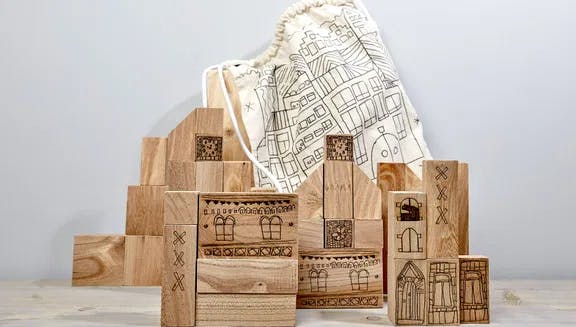
Celebrating SEWF23, a milestone in Amsterdam's journey to a new economy
With more than 130 speakers from 50 countries, SEWF23 confirmed that a shift to a new economy that centres on the well-being of people and the planet is necessary and achievable and that impact entrepreneurs are the frontrunners of this shift.
Here are some insights from the SEWF23 main event on 11 and 12 October and other happenings during SEWF23 week, including Social Enterprise Tours in Amsterdam Noord (9 October) and Amsterdam West (13 October).
It's time for a new economy | Day 1 of SEWF23
In the Spotlight on the Netherlands opening session, which featured impact entrepreneurs Tiemen ter Hoeven (Roetz-Bikes), Monique Lempers (Fairphone), Thami Schweichler (Makers Unite / United Repair Centre), and Yasmina Khababi (Freshtable), there was a clear call to action: create policies and regulations that incentivise inclusive and circular business models.
We heard in an inspiring session with Petro Darmoris (Social Economy Ukraine), Fleur Bakker (Refugee Company), and Merve Kavas (Yekpare Social Enterprise Turkiye) that impact enterprises are incredibly resilient and ready to adapt and take action during global crises, such as the war in Ukraine and the recent earthquakes in Turkey and Morocco.
Idriss Nor (The DOEN Foundation/DOEN Participaties), Kenneth Kwok (Global Citizen Capital), and Gael Drummond (Firstport) agree that trust-based impact investment tailored to the specific needs and business phase of impact enterprises, from early-stage to scaleup, has become the norm.
Scaling and entering new markets will not dilute the mission of your impact enterprise if the entire organisation internalises the company's core values was the essential message of the internationalisation session with Paul Schoenmakers (Tony's Chocolonely), James Finnie (CEIS Group), and Roopa Mehta (World Fair Trade Organization / Sasha Association For Craft Producers).
The snowball effect works: as more and more people build enterprises that put people and the planet first, more impact-driven financing partners will support them and thus encourage governments to create truly supportive policies, we learned in a thrilling closing debate between Katie Hill (B Lab Europe) and Erinch Sahan (Doughnut Economics Action Lab).
No one is too small to make a change | Day 2 of SEWF23
We started with SEWF chair Helene Malandain announcing a shared identity, People and Planet First, to unite millions of impact enterprises worldwide.
In an opening session moderated by co-presenter Hajar Yagkoubi, Tony Joy (Durian Nigeria) and Rachel Steffensen (Firesticks) highlighted how crucial it is to bring the voices and wisdom of (young ) changemakers in Indigenous and rural communities to the forefront of conversations on living within planetary boundaries.
In a panel facilitated by Maarten Hogenstijn (Amsterdam University of Applied Sciences), Maaike Irizarri van Suchtelen (Fawaka), Ali Ying-Che Hsieh, PhD (National Tsing Hua University), Nicole Dyson (Future Anything), and Inga Jablonskė (WoW University) explored the role of education in building a fairer and more sustainable world.
We learned that we can and must include everyone – from age four to senior years – and foster an entrepreneurial mindset that empowers them to make a positive change.
The day concluded with a lively intergenerational conversation between Peter Holbrook CBE (Social Enterprise UK) and Azima Dhanjee (ConnectHear), which reminded us that, although the social enterprise movement has come very far, it's time to be bolder, braver, and louder than ever.
To look back at the SEWF23 legacy, our Programme Coordinator, Egon Van Wees, joined Jorien van Lookeren Campagne (Social Enterprise NL) to celebrate all frontrunners of the new economy and encourage them never to give up. Gerry Higgins (founder of the Social Enterprise World Forum) concluded with a heartfelt thank you to everyone who made this edition happen.
Spotlighting impact entrepreneurs in the Amsterdam Impact booth
Without the entrepreneurs working to create lasting change in each of our neighbourhoods, we couldn't have co-created such a successful SEWF edition.
We were delighted to invite eight inspiring enterprises to our marketplace booth on 11 and 12 October so they can share their work on the ground with a global audience: Daffee, Rambler Studios, Makers Unite, Taaly, Women Skate the World, CRE8 Social Venture, Fawaka Ondernemersschool, Crossing Wires and Festival Academy.
Seeing the change in practice through SEWF23 Social Enterprise Tours
SEWF23 participants also had the chance to uncover the inspiring stories of social enterprise founders and meet like-minded professionals tackling impact areas like sustainable food, circular fashion, and diversity and inclusion in Amsterdam and other Dutch cities and regions, including Rotterdam, The Hague, Apeldoorn and Flevoland.
For instance, during the 9 October tour in Amsterdam Noord, we started with a visit to the recycling company De Lokatie, continued to Colourful Goodies, Europe's first shop with dolls in all colours, enjoyed a locally sourced lunch at De Verbroederij, an urban beach pavilion and community garden, checked out the Fair Factory of circular social enterprise Roetz Bikes and wrapped up at Hamerkwartier, which is transitioning from an industrial area to a vibrant and sustainable neighbourhood.
We then ferried across the IJ for a boat trip with Rederij Lampedusa, whose captains and guides share their experiences with migration. During an Amsterdam Underground tour, we saw the city centre through stories of survival and homelessness. The Social Enterprise Tour concluded with drinks at De Prael, where people who previously struggled to find a job make craft beers.
Related articles
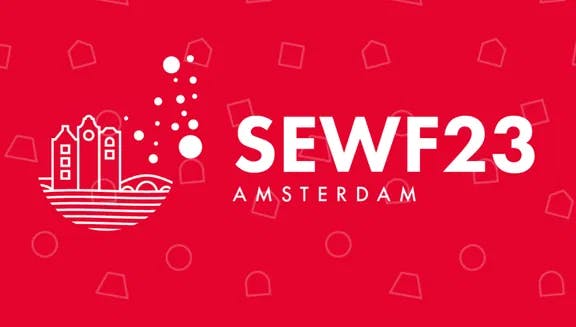
Join SEWF23 week (9-13 October) in Amsterdam
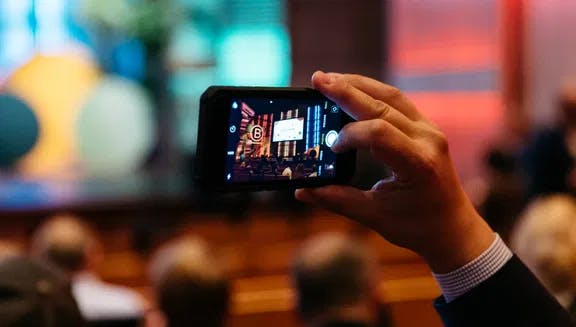
Videos: meet the impact ecosystem

Onwards to a well-being economy | Our 2024 highlights

Onwards to a well-being economy | Our 2023 highlights
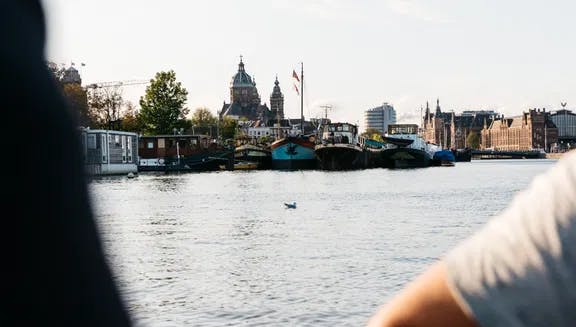
Amsterdam to host the Social Enterprise World Forum 2023
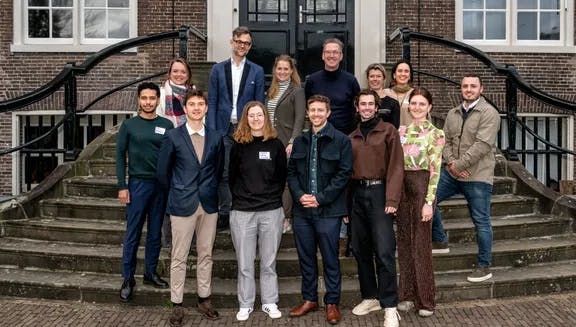
Explore the Impact Deals developed by eight Amsterdam-based entrepreneurs
